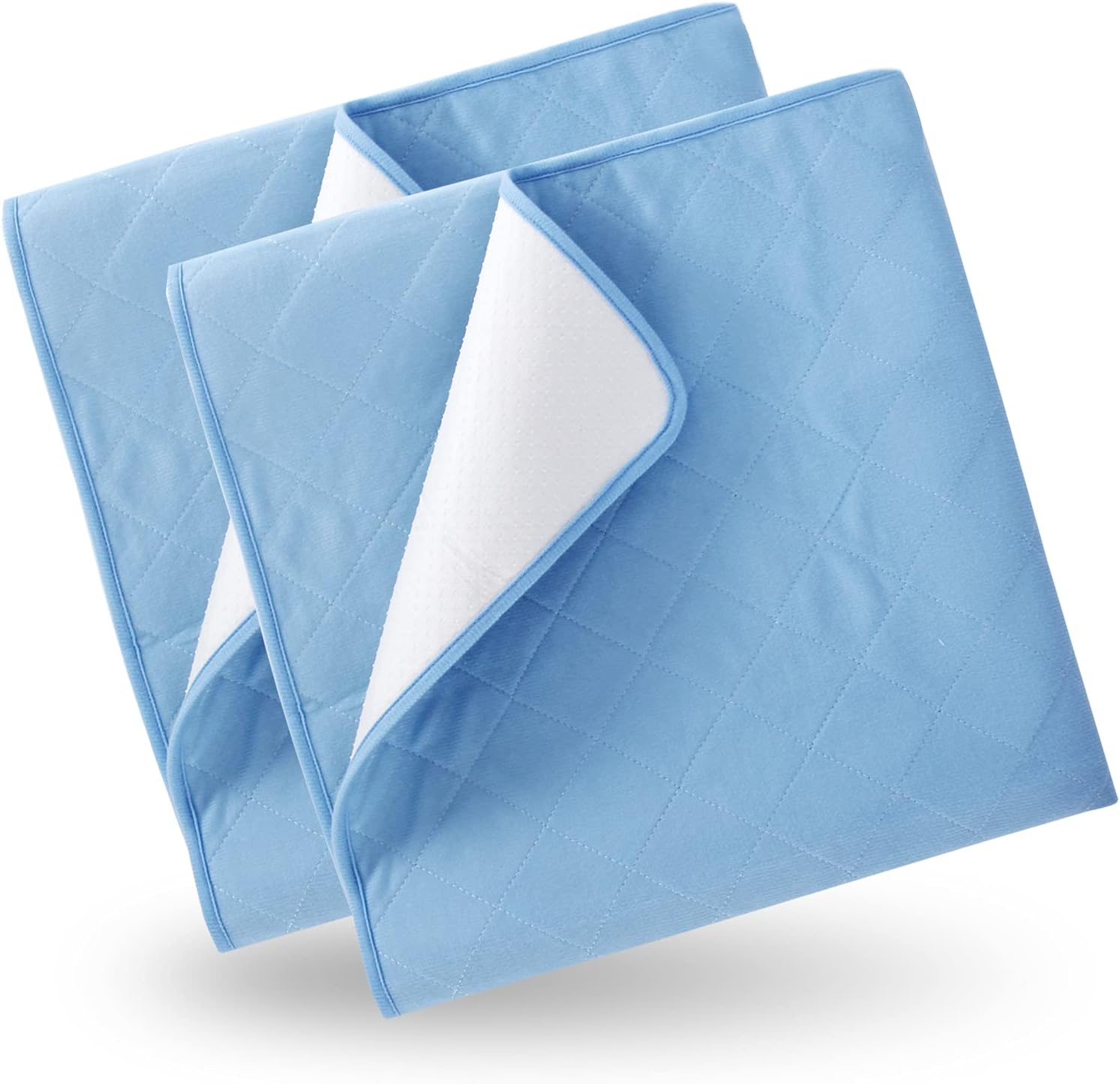Whether you have just welcomed a baby into your family or have started the process of pregnancy or adoption, you may have a few questions about life with a newborn. From feeding and diapering to safety and wondering if you will ever sleep again, here is an overview of life with newborn babies.

Becoming a parent is a wonderful, empowering experience, but that doesn't mean you have to do it all alone. From the simple question about decorating your nursery to the bigger questions about your baby's health, we have the answers to help you along the way.
Baby Products
First of all, babies come with a lot of stuff. It's actually quite impressive how such a tiny person can bring such a dizzying array of products into your home. But it happens.
If you haven't registered for baby products yet or if you need to replace any outdated baby products or equipment that you currently own, here's what to look for:
Car seats.
A car seat is one of the most important items your baby will use, so you want to make sure you are familiar with current car seat safety guidelines. Guidelines can change and car seats can expire or be recalled, so be sure to check if your child's car seat is safe at regular intervals. The American Academy of Pediatrics has recommendations for how long to keep your child rear-facing as well as the car seat recall hotline to check if your baby's car seat is safe to use.
Diapering.
You can diaper your baby in disposable or cloth diapers—or do a mixture of the two. And to start at the very beginning, get the lowdown on how to change a baby's diaper.
Used items.
While some baby products are safe to be purchased used or as a hand-me-down, others are not. Always purchase car seats and cribs new.
Shop for biloban baby bedding
Baby Proofing
It's never too early to start baby proofing. If you are currently pregnant or expecting your child through adoption, you can definitely get a head start on baby-proofing some common dangerous areas in your home. If you already have a newborn in your home, it is best to baby proof before your little one starts crawling. Babies on the move can get around more quickly than you would think!
When baby proofing, be sure to put all potentially dangerous chemicals out of reach of babies. This includes household cleaners, laundry detergent, and dishwasher detergents as well as any medications. You'll also want to invest in some cabinet door latches, door latches for the top of your doors, or knob latches so that your baby can not escape outside.
Outlet covers and removing any cord blinds that pose a strangulation risk are a must. You'll also want to consider lesser-known risks, such as laundry latches to prevent a curious toddler from crawling into a washing machine.
Baby Feeding
Babies spend a lot of time eating and, in the beginning, you will need to decide if you want to feed your baby breast milk, formula, or a combination of both. It may seem confusing at first to have such a variety of options, but you can be comforted knowing that there is no one-size-fits-all when it comes to feeding your baby.
You have the choice of breastfeeding your baby directly from the breast if one partner is willing and able, using a breast pump to store breast milk and feed the baby with a bottle, using donated breast milk, or purchasing formula.
And then, of course, you can also choose to mix feeding types. For example, you may choose to breastfeed your baby in the morning, express milk with a breast pump on your lunch break while the baby is with a babysitter, and then have your partner feed the baby a bottle of formula for a late-night snack. The choice is yours and, sometimes, you have to figure out what will work best for you and your family.
Sleep Safety
Newborns sleep a lot, but that "sleeping like a baby" is anything but relaxing. To ensure that you and your baby stay as healthy as possible, brush up on your safe sleeping habits. For example:
Always place your baby to pack n play.
Do not co-sleep with your baby, but consider "rooming in" with your infant by placing his/her crib or playpen in your room.Do not place anything in your pack n play, including blankets, animals, Consider using a sleep sack for sleeping.
Prevent overheating by keeping your home's room temperature between 68 and 72 degrees and place a fan in the baby's nursery or room.
Offer a pacifier to your baby.
Shop for biloban baby bedding


